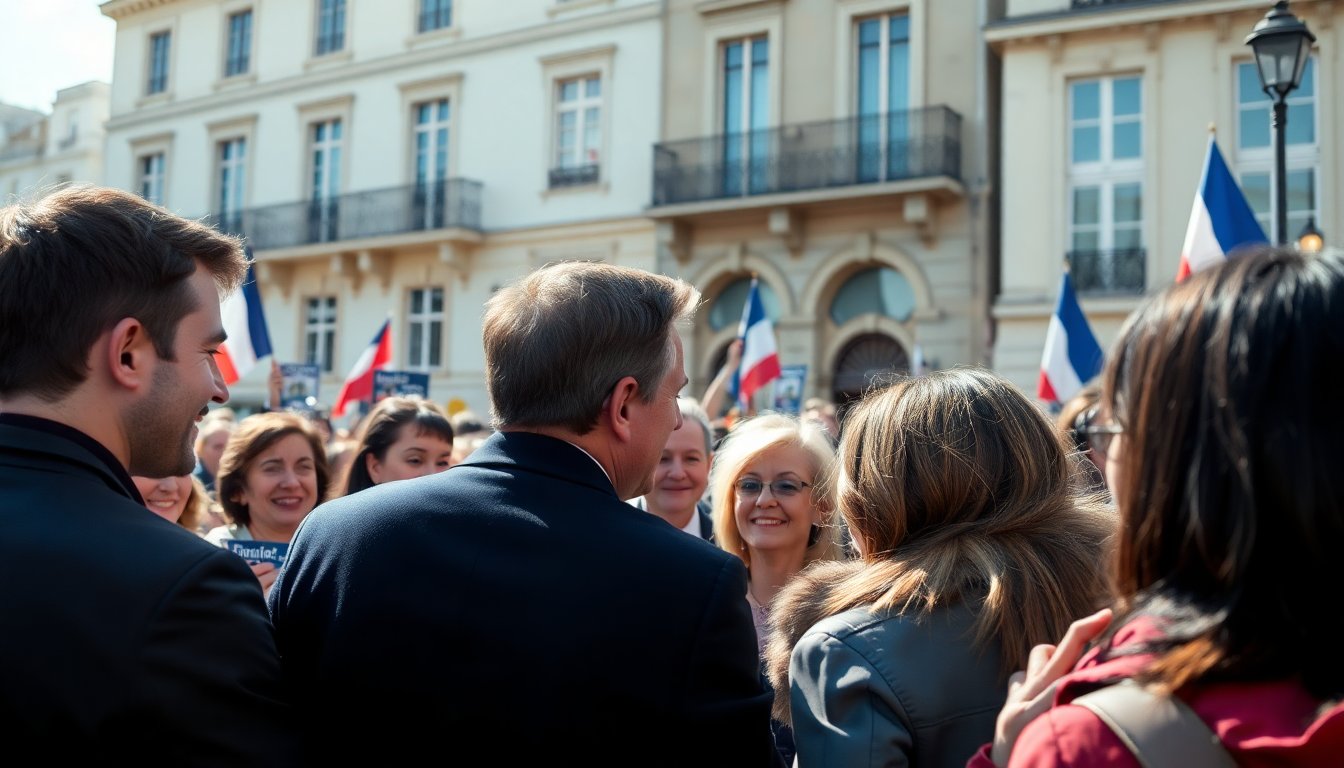Table of Contents
As the French public becomes acquainted with Prime Minister Sebastien Lecornu, they are also encountering his unconventional greeting style. Unlike the traditional French practice of exchanging kisses on the cheeks, Lecornu has attracted attention with his preference for gentle headbutts. This unique approach has sparked curiosity and discussions across various media, prompting many to explore the origins of this habit.
Unveiling the Headbutt Greeting
Sebastien Lecornu, a close ally of President Emmanuel Macron, has garnered headlines not only for his political rise but also for his distinctive manner of greeting. The 39-year-old former defense minister has been seen engaging in this unusual salutation with male colleagues and, occasionally, female associates. While this practice may appear peculiar at first glance, it is rooted in a deeper cultural context reflecting Lecornu’s past experiences.
Reports from leading French publications, such as Le Monde, indicate that this headbutt greeting is reminiscent of his time at the Saint-Wandrille Abbey, a Benedictine monastery in Normandy. There, he was immersed in an environment that may have influenced his interpersonal relations. The gentle temple-to-temple contact has become Lecornu’s personal signature, distinguishing him in a political landscape where traditional customs often prevail.
The Cultural Context of Greetings in France
In France, greeting customs are steeped in tradition, typically involving a series of kisses on the cheeks, symbolizing warmth and familiarity. However, Lecornu’s choice to embrace a different form of greeting raises questions about the evolving nature of social interactions in contemporary society. It invites discussion about balancing the preservation of cultural customs with the introduction of new expressions.
As Lecornu navigates his role as Prime Minister, his greeting style may reflect a broader trend toward individuality in communication. The gentle headbutt fosters camaraderie and informality among colleagues, potentially breaking down barriers in formal political settings. It serves as a reminder that even within the structured environment of governance, personal touches can significantly impact relationship building.
Reflections on Lecornu’s Background and Future
While Lecornu’s headbutt greeting has captured public interest, it also illuminates his personal journey. In interviews, he has expressed reluctance to delve into the deeper motivations behind his previous considerations of joining the Benedictine order. This aspect of his biography adds complexity to his character and may inform his leadership approach.
As the nation continues to adjust to Lecornu’s leadership style, it will be intriguing to observe how his unique greeting influences his relationships with fellow politicians and the public. Will this unconventional approach resonate with the French populace, or will it be perceived as eccentric? Only time will reveal how this facet of his personality will shape his tenure as Prime Minister.


